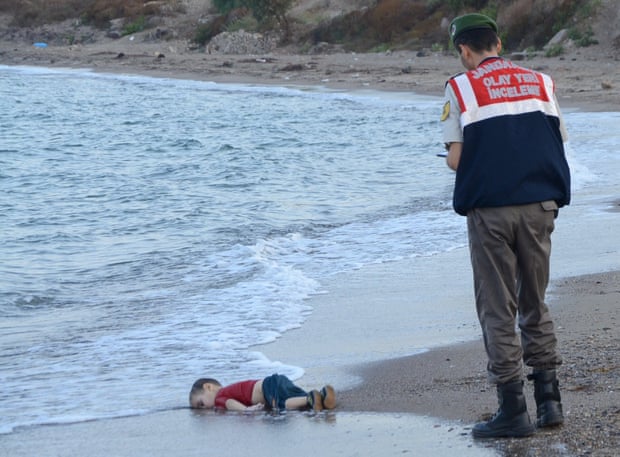To observe important dates such as birthdays and death anniversaries, my parents make donations to charities, like
goshalas, public feeding at temples, facilities for the disabled, etc. It is a good thing that my parents do not wonder if their donations will deliver the maximum possible benefits compared to giving to other causes. If they did, then odds are that they will be disappointed.
In order to get to that point, let me start with the summer of 2014, when the social media fad was to challenge friends to a ice-bucket challenge. Remember that? It was to raise funds for the terrible Lou Gehrig's Disease (medically known as ALS). I turned down a friend's challenge. Because, as I
wrote then:
I am far from convinced that ALS ranks way high among the gazillion problems that humans experience on this planet and, therefore, it is more important for me to spend whatever that I can on issues that are of much higher priority.
It might have seemed like I am heartless. A horrible monster. But, I am not. I am, in fact, worried about my sense of empathy that often emotionally drains me. So, here I am with a high level of empathy but being cold-hearted?
The ice-bucket challenge was not any individual giving but was a public policy drive. A public rally for allocating money for a specific issue. Especially when it comes to public policies, the highly empathetic me wants to make sure that the money we spend will be on the highest priorities. Such an approach is what the philosopher Peter Singer refers to as "effective altruism."
Purely guided by empathy means that we could individually and collectively make a whole bunch of wrong choices. Take the Syrian refugee crisis, for instance. We apparently couldn't care for about the humanitarian issues, despite being informed about it, until we saw the photograph of a toddler dead on the beach with his face down. The momentary empathy is not what drives public policy nor should it.
Or, consider the latest extremism in Europe--the bombs in Brussels. Our empathy is well warranted. The people behind those bombings are evil, no doubt. But,
is that the greatest humanitarian crisis that should command all our attention and resources? How about the chaos in Syria where the civil war has entered the sixth year? Or, the crisis in Yemen? Or, the Boko Haram-triggered violence and rape and everything else? Or the incidents beyond our wildest imaginations that have been going on
in South Sudan? And, btw, why is the humanitarian crisis in South Sudan not even on the international radar?
Those are geopolitical issues. Will a focus on Brussels and the resultant public policy resource allocation decisions deliver more than some of the global health issues that we have continued to ignore for decades? Like
tuberculosis,
malaria,
Ebola, and now even Zika? And given all the talk related to
World Water Day, how about the benefits of clean water supply and sanitation?
There is a role for empathy, yes. But, it is often "
biased and parochial."
It
favors vulnerable children and animals, and discriminates against
unattractive people. You’re more likely to sympathize with someone in
your social group rather than an outsider, especially one who looks
different.
Empathy
is also innumerate, Dr. [Paul] Bloom notes, which is why you may care more
about one girl stuck in a well than thousands of war refugees or
millions of people who will be affected by climate change.
Even that toddler who was face down on the beach, well, would that image have triggered the outcry if it were a black South Sudanese kid? Or, did most of us in the advanced economies empathize because the kid did not look that different from one of our own?
When my parents make those charitable contributions, is it the familiarity-triggered empathy? More important than any of the issues that I have listed here? Should they think about it?
There are even more problems with empathy:
In his current research,
Dr. Bloom and a colleague are finding that the more empathic people
feel toward victims of terrorism in the Middle East, the more they favor
taking military action.
“If
I want to do terrible things to a group, one tried-and-true way is to
arouse empathy for victims of that group,” Dr. Bloom said in an
interview. “Often the argument for war is rooted in empathy for victims
of the enemy.”
So, driven by empathy, if you want to donate in order to make this world a better place for humans anywhere--not only those who are in your own social group--then what can you do?
Here is a place you can start.
Click here if you want to listen to a short three-minute video/talk by Bloom.












